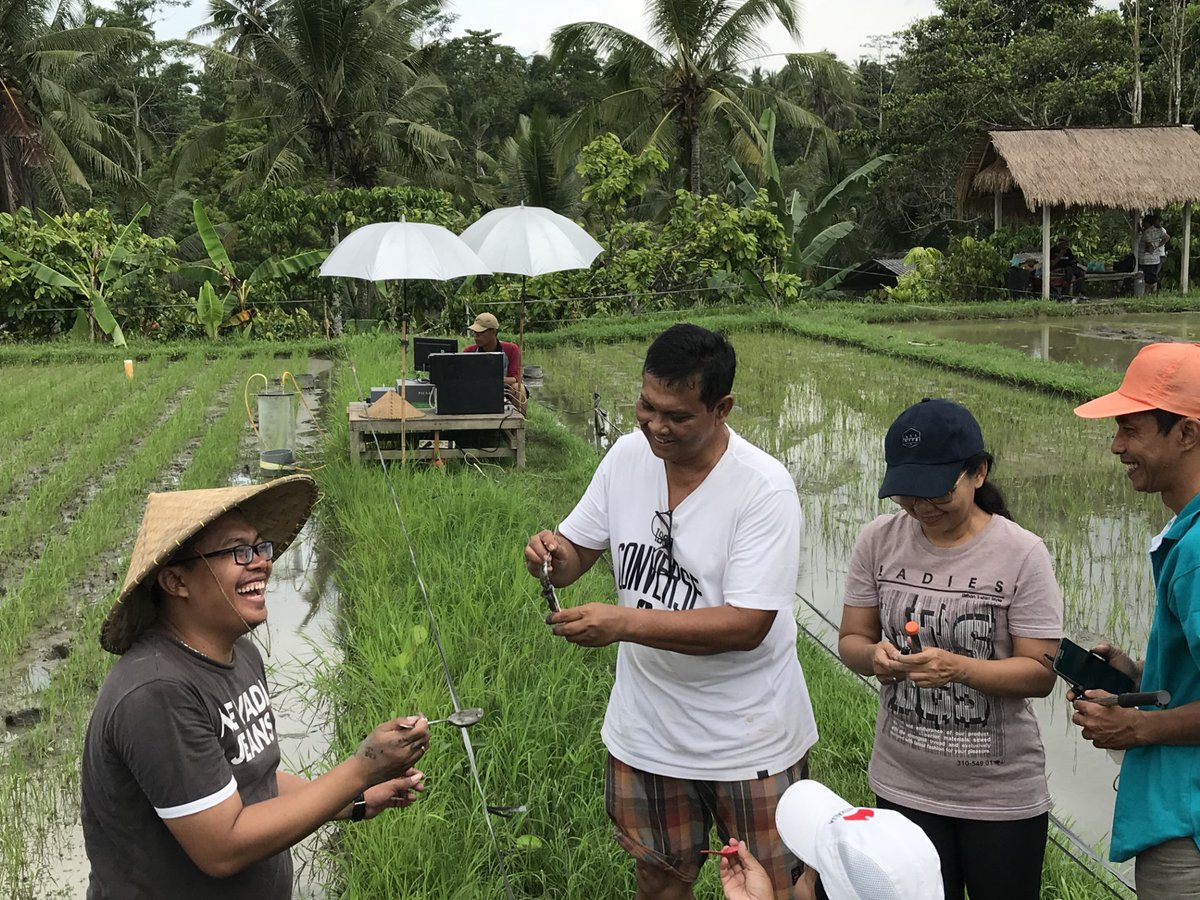
Seshat
@seshatdatabank
Seshat: Global History Databank compiles information on the social and political organization of human societies, and how civilizations have evolved over time.
ID: 3389685965
http://seshatdatabank.info/ 23-07-2015 18:24:44
22,22K Tweet
4,4K Followers
112 Following
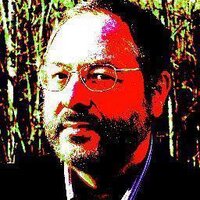

Our study with Peter Turchin & Daniel Hoyer "Explaining population booms and busts in Mid-Holocene Europe" is online Springer Nature Scientific Reports. Its social processes with violent conflict rather than climate... Leibniz-Zentrum für Archäologie (LEIZA) rdcu.be/dd2Ms
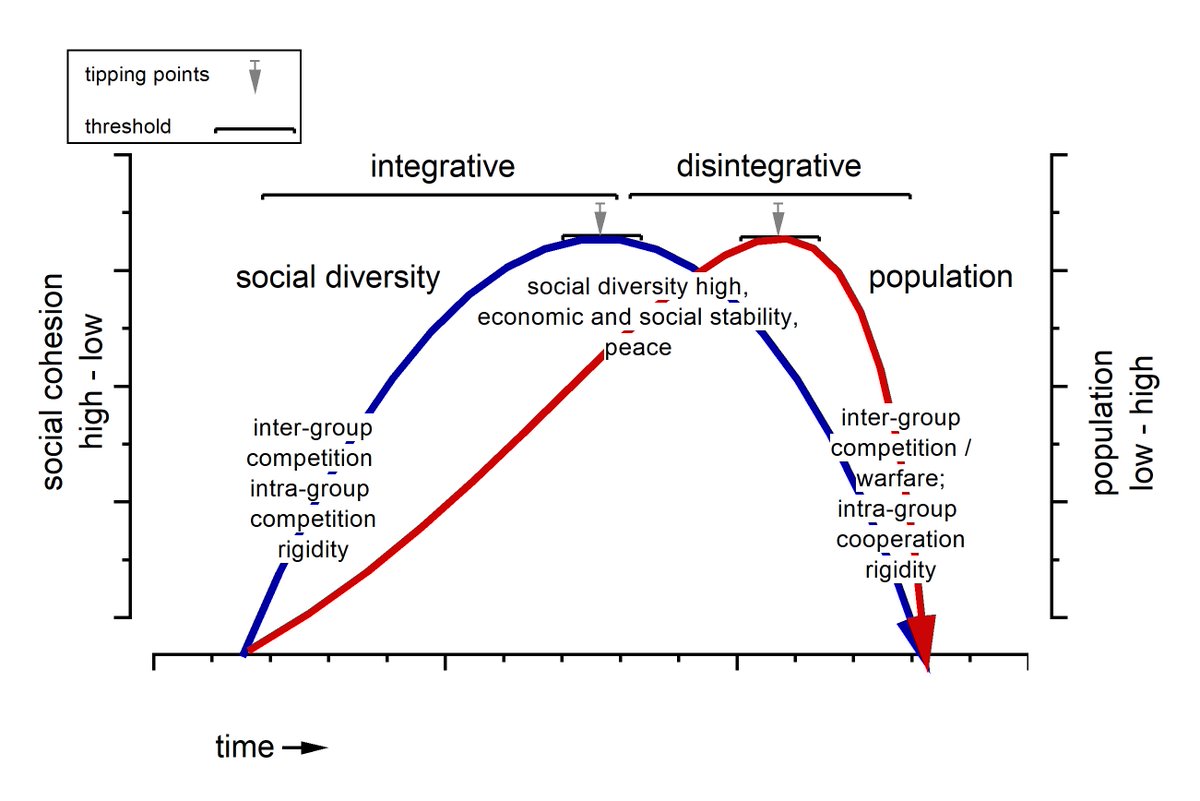




Did #warfare lead the fall of small-scale societies? Complexity Science Hub scientist Peter Turchin and his team may have added a key piece to an #archeology puzzle. Their study in Scientific Reports shows violent #conflict played a crucial role in #Neolithic Europe. ➡️ bit.ly/3CDBaPm
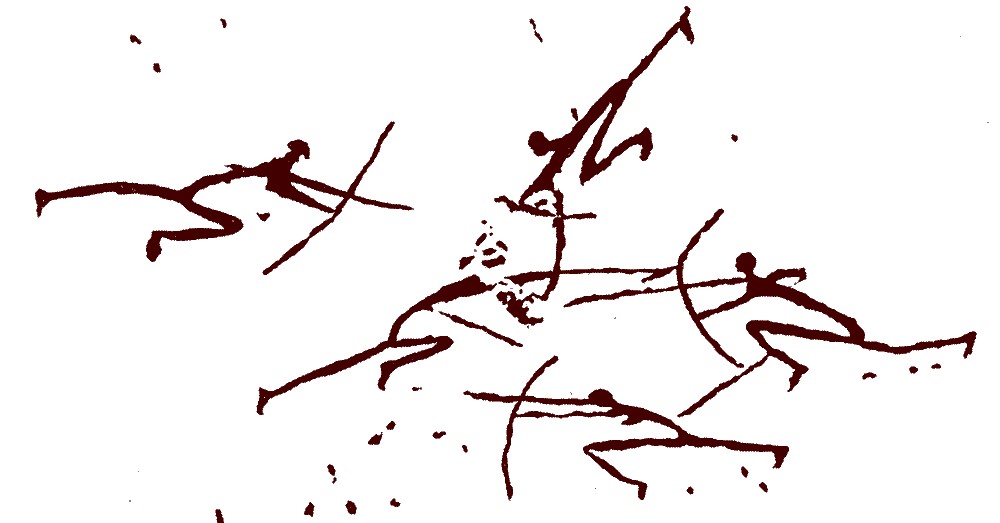


New theme issue of #PhilTransB edited by Anne Pisor, J. Stephen Lansing & Kate Magargal looks at methods people use to adapt to environmental changes. Understanding this can help researchers, policymakers and organisations better support communities as they respond to
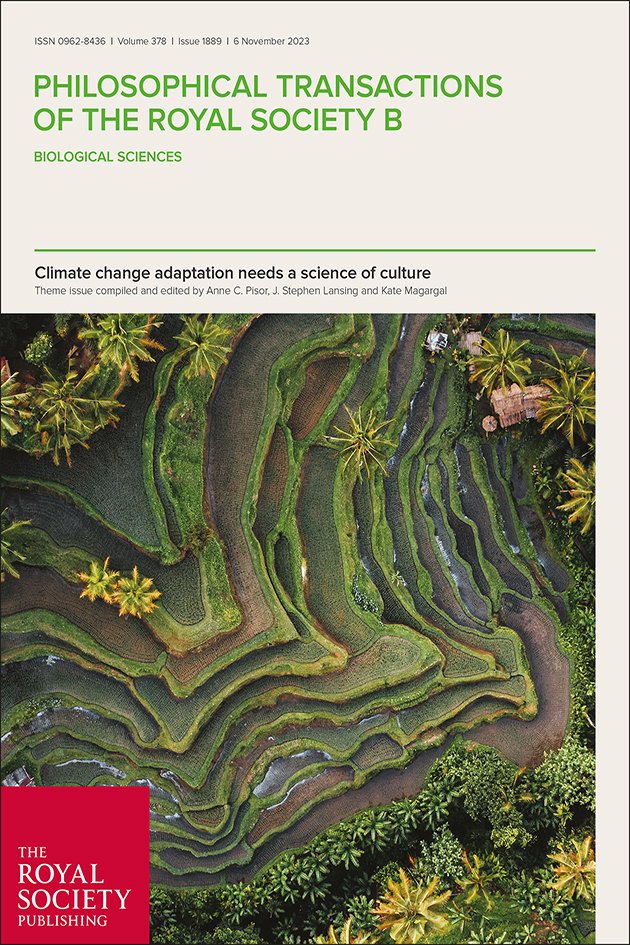

History shows us not only what happened before, but can help show us why – and these can turn into lessons for today. See the great new piece on work by Peter Turchin Daniel Hoyer and Seshat team in grist


New #postdocposition working with jose_segovia_martin on sustainability, environmental economics and computational science; Mohammed IV Polytechnic University, Morocco: career2.successfactors.eu/career?career_…

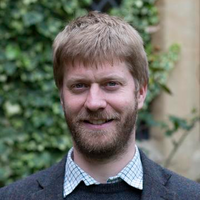
We are having a stats postdoc position available to work with humanities datasets, including Seshat data. Please circulate widely! jobs.ac.uk/job/DEY204/res… Peter Turchin Ruth Ahnert Ruth Mostern @rmostern.bsky.social Joe Manning Fotis Jannidis (@fotisjannidis.bsky.social) @Adam_Crymble James Baker Battles the Pink SPARQL and QS Robots David De Roure


What's it like to be a 'Crisis Detective'? Dan Hoyer writes in The Conversation about his journey from classics to complexity science, and why studying crises in the past gives him nightmares, but also helps him find some hope for our present polycrisis: theconversation.com/historys-crisi…



